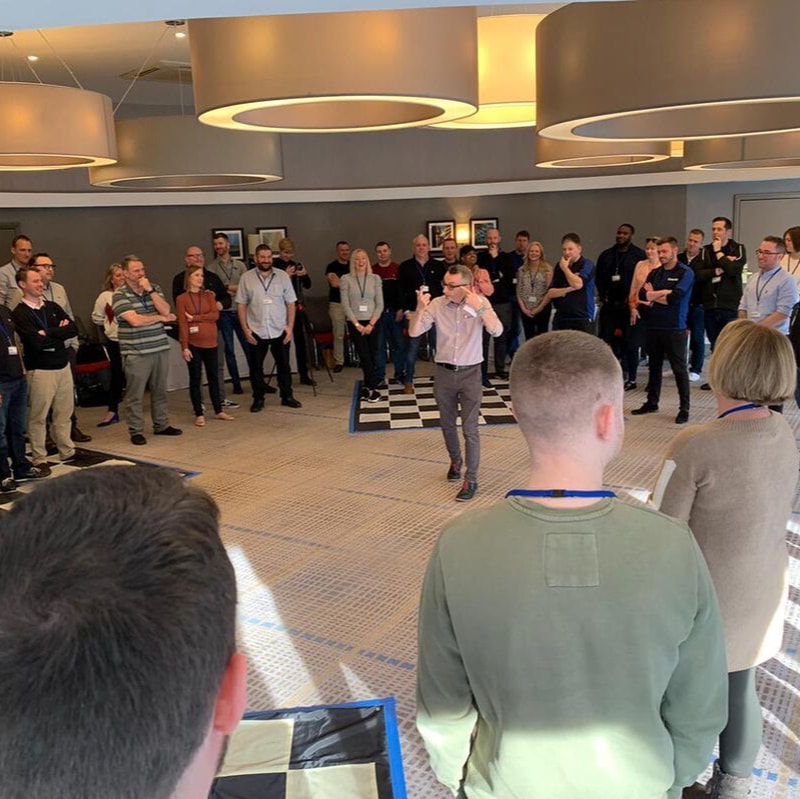|
“We’d like to do something different” is a phrase we hear a LOT when we get event enquiries. But some people who say they want something different, actually don’t. What they want is Conference 101; they just want people to think it’s slightly different than last year.
Doing something different scares people. And for good reason. It’s hard to step out of your comfort zone and it can be hard to break the mould, especially when people have become comfortable with the same things year after year. It can also be hard to convince people that doing “something different” is the right thing to do. You know people don’t like change... Luckily, something different doesn’t have to mean something huge. You can start small and build up to something bigger and more daring as time goes on. Sometimes it’s hard to know where to start, so here’s a few ways you can actually start to “do something different” at your next event:
Of course, you don’t have to do all of these, especially not all at the same time! Think about what you want to try first, and which small change would make the biggest impact at your next event. And if you need help, give us a call...
0 Comments
Sometimes when you do something over and over again you see it with fresh eyes and appreciate how subtle and complex it really is. I’ll explain what I mean and perhaps it will encourage you to look at some of the systems and processes you follow as part of your routine and see what has been under your nose but hidden all along.
There is one exercise that I have been using for many years, and that we often return to at Colour; Noun, that explores how teams work together to develop a solution in a pressured and uncertain environment. From the outset, it has illustrated the core principles that the academic team that developed it wanted to highlight: that people will persist with what seems to be successful, even if it doesn’t advance their project; that unexpected changes provoke extreme reactions and attempts to deny that the change has happened; and that sometimes you have to take a step backwards to take more steps forward. For a long time this activity that looked at processes had become just another process for me too… until the act of repetition started revealing patterns that repeated from group to group and that were much more subtle than the main themes that the exercise had been designed to address. Little things started to click into place. The fact that everybody walked backwards to retrace their steps because if they turned around, they lost all their landmarks. The way that the group split when they planned their strategy at the start of the exercise into “planners” and “disconnected passengers” who lost all interest in “the plan” when it inevitably failed, and how even amongst the “planners” this failure brought about apathy, despair and a lack of connection – and an inevitable dilution of people who could offer guidance to the group. The “big”, “obvious”, “intended” points were still there, but only by repeating the exercise dozens of times, with different groups, did the hidden, very human commonalities start to come out. There are many more things I started to see, and once I started seeing things that repeat and echo over a longer timescale than the exercise itself, it’s impossible not to see more each time. It’s like moving from being aware of the changing of the seasons to having an awareness of how continents move, and it has made the activity richer and more valuable to me and to the people who experience it. So, what are the things that you have stopped seeing because you know them too well, and what things might become clear if you look past the comfort of the short-term activity and see the longer-term, repeating rhythms and behaviours that give an insight into how people work and operate? I’d love to hear your thoughts... |
AuthorColour; Noun (Vicky Holding and Howard Karloff) Archives
November 2022
Categories |



